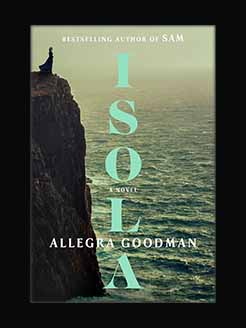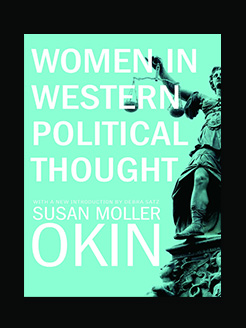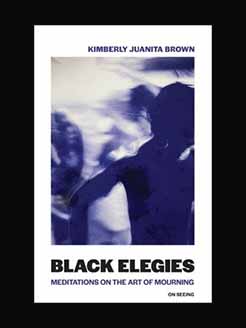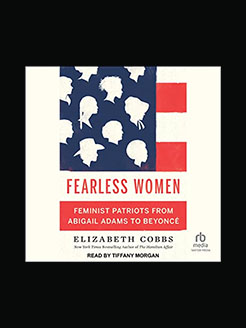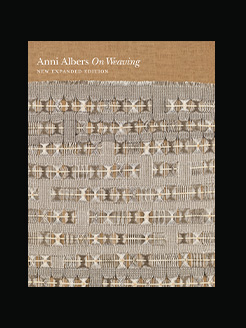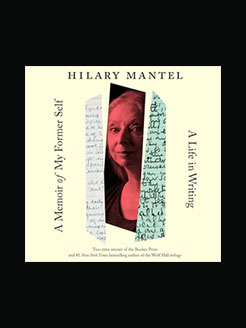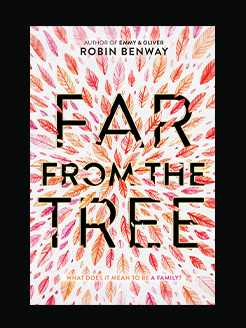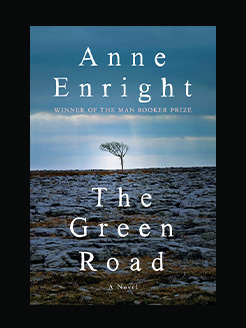Published in 2022
208 pages
Sophie Strand is a poet and writer with a focus on the history of religion and the intersection of spirituality, storytelling, and ecology. Her poems and essays have appeared in numerous projects and publications, including the Dark Mountain Project and poetry.org and the magazines Unearthed, Braided Way, Art PAPERS, and Entropy. She lives in the Hudson Valley of New York.
What is this book about?
A deep exploration of the regenerative and magical secrets of sacred masculinity hidden in familiar myths both ancient and modern
• Reveals the restorative fungi archetype of Osiris, the Orphic mysteries as an underground mycelium linking forests and people, how Dionysus teaches us about invasive species and playful sexuality, and the ecology of Jesus as depicted in his nature-focused parables
• Liberates Tristan, Merlin, and the Grail legends from the bounds of Campbell’s hero’s journey and invites the masculine into more nuanced, complex ways of dealing with trauma, growth, and self-knowledge
Long before the sword-wielding heroes of legend readily cut down forests, slaughtered the old deities, and vanquished their enemies, there were playful gods, animal-headed kings, mischievous lovers, trickster harpists, and vegetal magicians with flowering wands. As eco-feminist scholar Sophie Strand discovered, these wilder, more magical modes of the masculine have always been hidden in plain sight.
Sharing the culmination of eight years of research into myth, folklore, and the history of religion, Strand leads us back into the forgotten landscapes and hidden secrets of familiar myths, revealing the beautiful range of the divine masculine, including expressions of male friendship, male intimacy, and male creative collaboration. In discussing Dionysus and Osiris, Strand encourages us to think like an ecosystem instead of like an individual. She connects dying, vegetal gods to the virtuous cycle of composting and decay, highlighting the ways in which mushrooms can restore soil and heal polluted landscapes. Exploring esoteric Christianity, the author celebrates the Gnostic Jesus of the Gospel of Thomas, imagining the ecology that the Rabbi Yeshua would have actually been referencing in his nature-focused parables. Strand frees Tristan, Merlin, and the Grail legends from the bounds of Campbell’s hero’s journey and invites the masculine into more nuanced, complex ways of dealing with trauma, growth, and self-knowledge.
Strand reseeds our minds with new visions of male identity and shows how each of us, regardless of gender, can develop a matured ecological empathy and witness a blossoming of sacred masculine powers that are soft, curious, connective, and celebratory.
